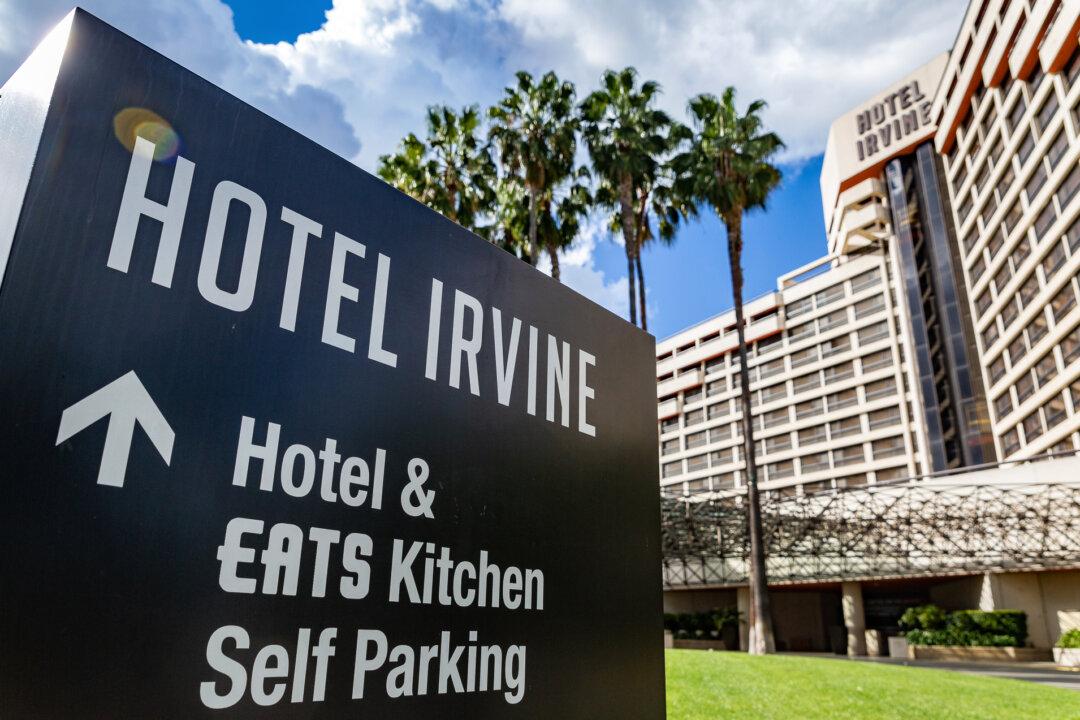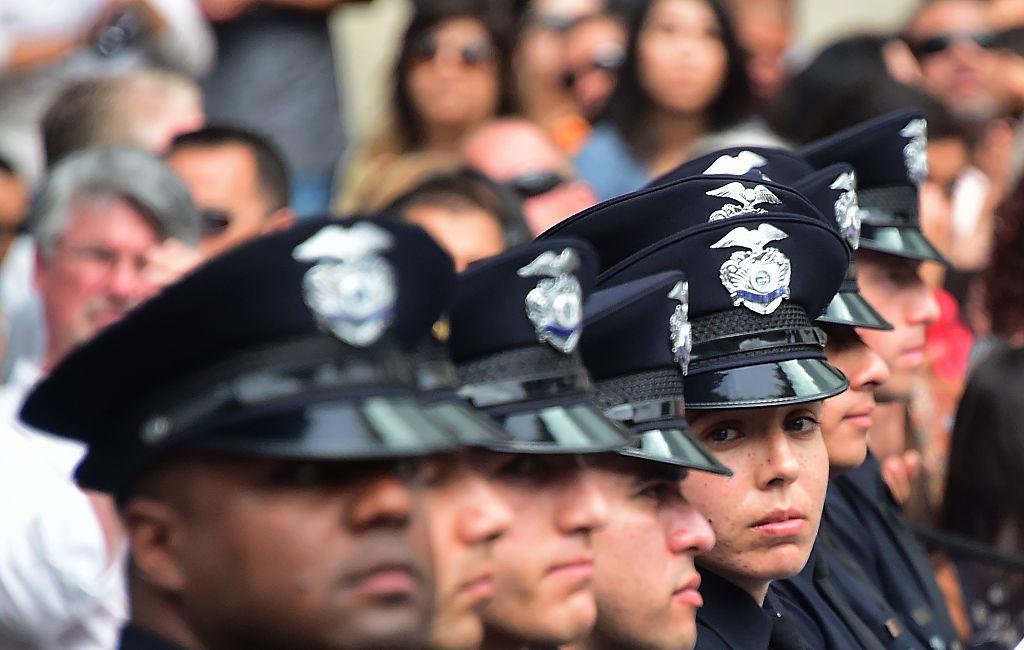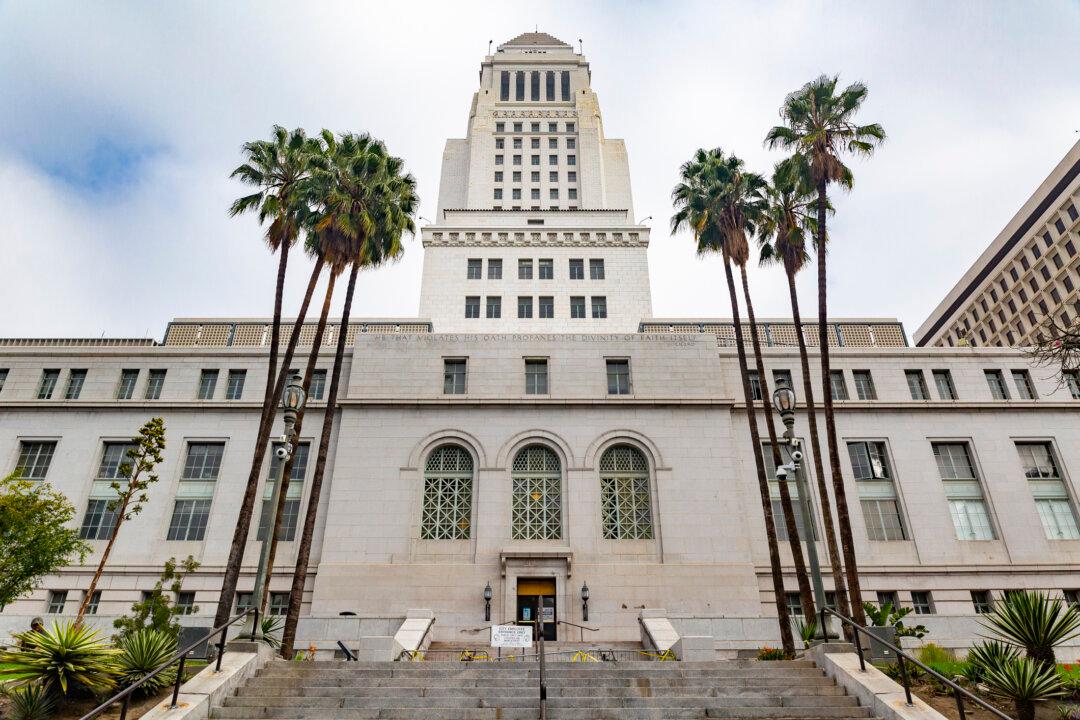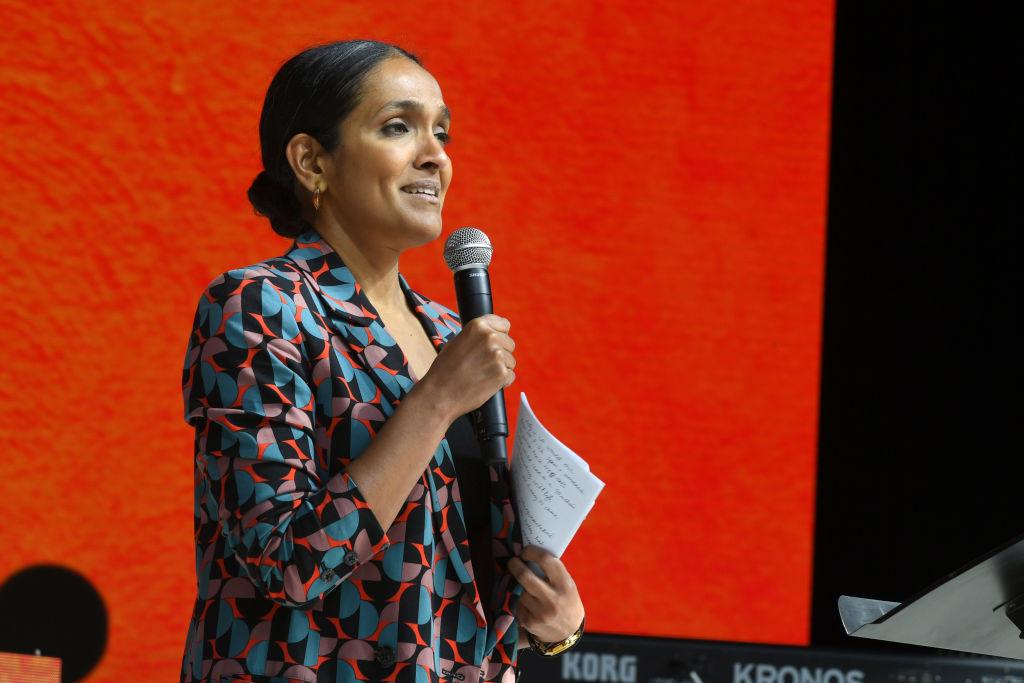Hotel owners and tourist associations throughout California are urging Gov. Gavin Newsom to release guidelines for conventions and meetings before organizations opt to relocate events planned for later this year due to the state’s restrictions.
Wendy Haase, vice president of Destination Irvine, told The Epoch Times the biggest challenge currently facing the hospitality industry is California’s strict restrictions compared to other states.





